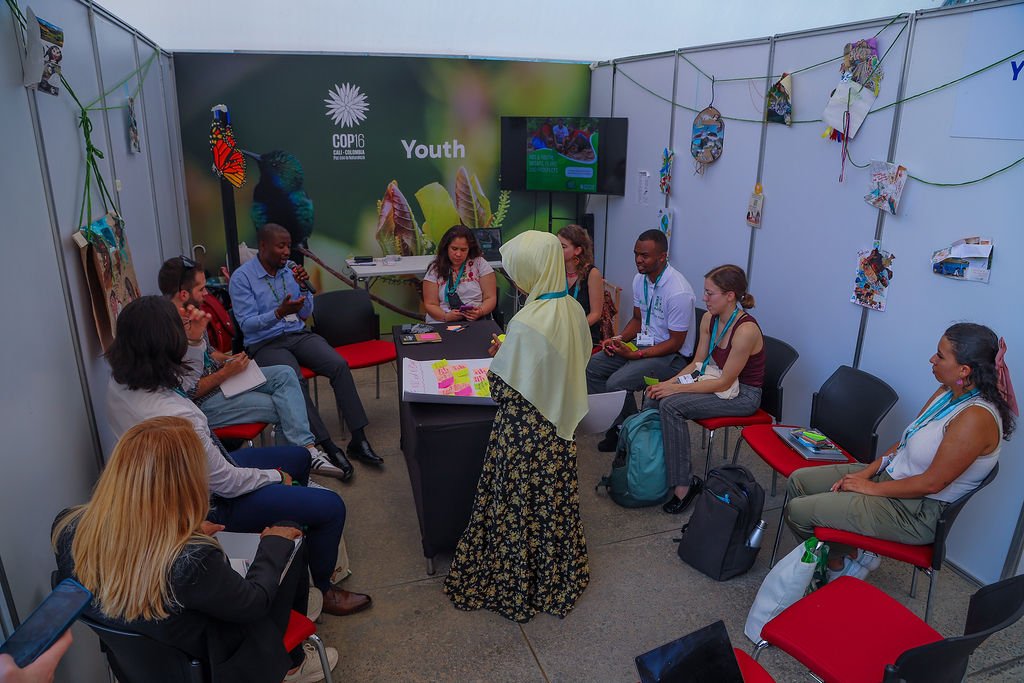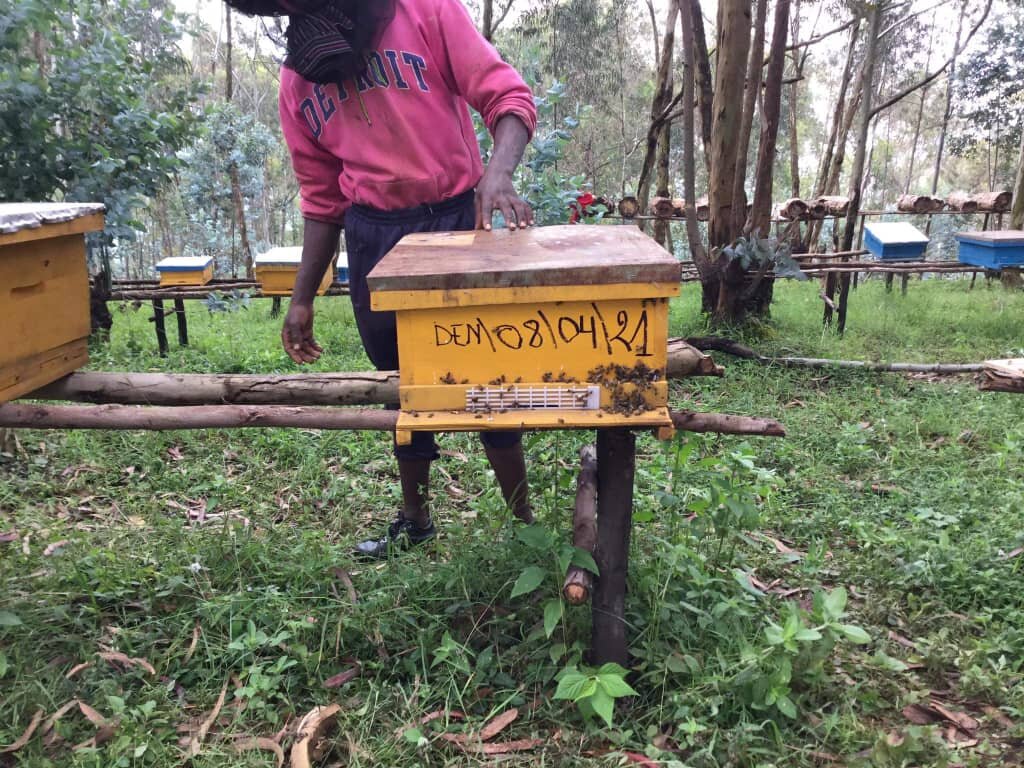We commemorate World Bee Day by recognising the functions of bees in food systems, community livelihoods and a balance in biodiversity. And in line with this year's theme, Bee Engaged, we highlight some practical actions for bees and pollinators, and things you can do to ensure their conservation, in Africa and the world over!
Native Bee Case Studies: World Bee Day Blog Series
This blog is part of a series, led by the Youth4Nature USA Team, to celebrate World Bee Day (May 20, 2020).
On World Bee Day 2020, we are highlighting this colorful arthropod because they are not just an abstract factor of our environment - they are right in your communities. Whether we are talking about wild bees or hived bees, we can each play a specific role to support and invite more pollinator activity.
The Secret Life of Bees: World Bee Day Blog Series
The Mighty Worker Bee: World Bee Day Blog Series
This blog is part of a series, led by the Youth4Nature USA Team, to celebrate World Bee Day (May 20, 2020).
What would a world without bees look like?
Initially, we might think that a world without bees might mean a world without honey, which is devastating in and of itself. Then, we might consider that a world without bees may also mean a world without wildflowers, since almost every flowering plant requires pollination.
What we may not fully appreciate is the potential economic and cultural impact of losing bees.
Homemade Products Using Beeswax: World Bee Day Blog Series
Pollinator Corridors: World Bee Day Blog Series
This blog is part of a series, led by the Youth4Nature USA Team, to celebrate World Bee Day (May 20, 2020).
Today, as you may know, is Bee Day. As a person who lives in the northeast United States, I’ve recently been witness to the amazing work people around here are doing on protecting and restoring pollinator habitats. Many of these projects involve or are led by youth and can be adapted or replicated in your own community, so I’ll give a few examples.











